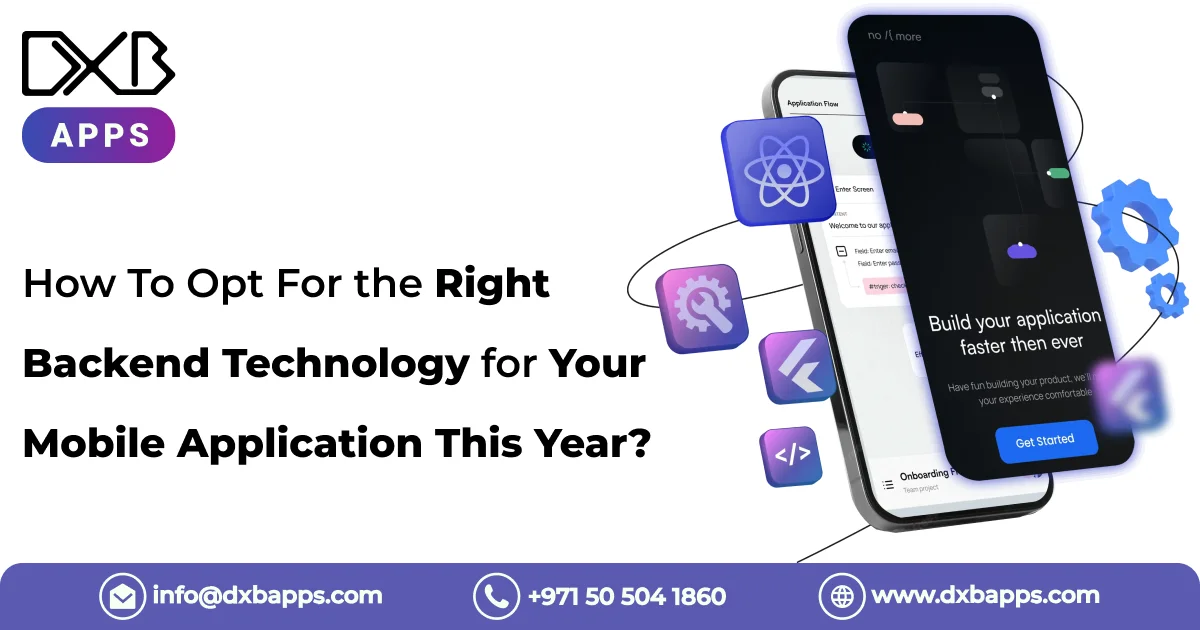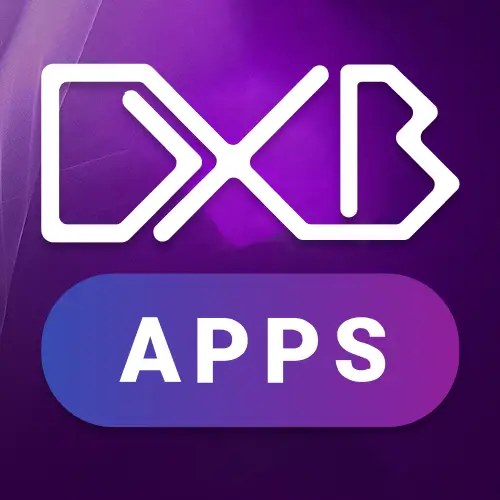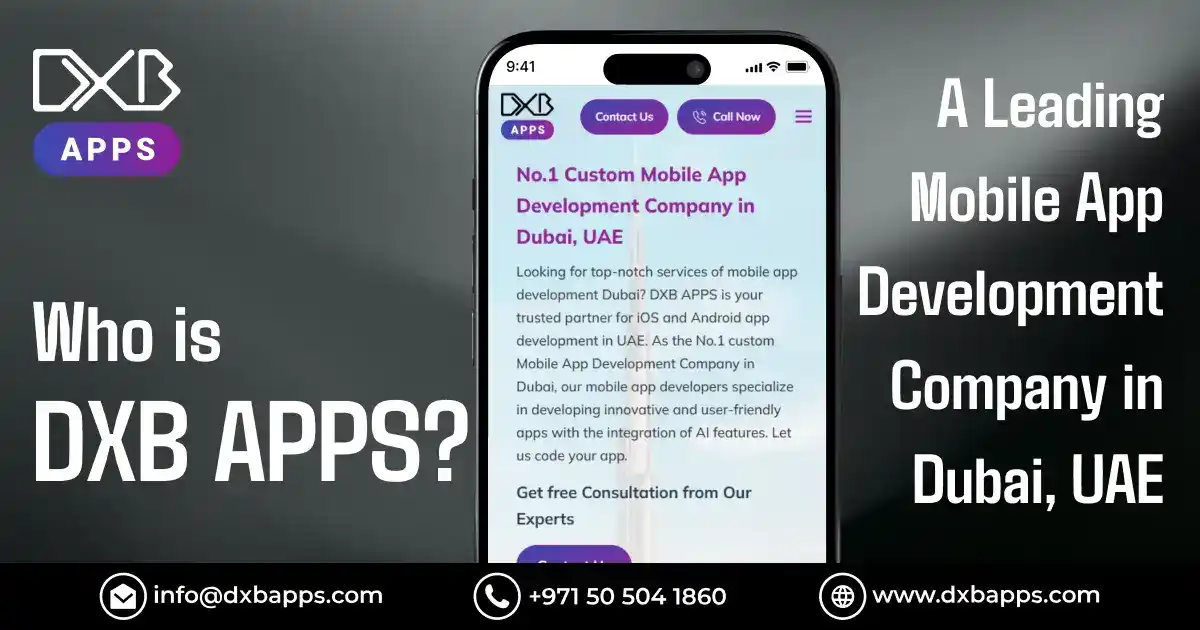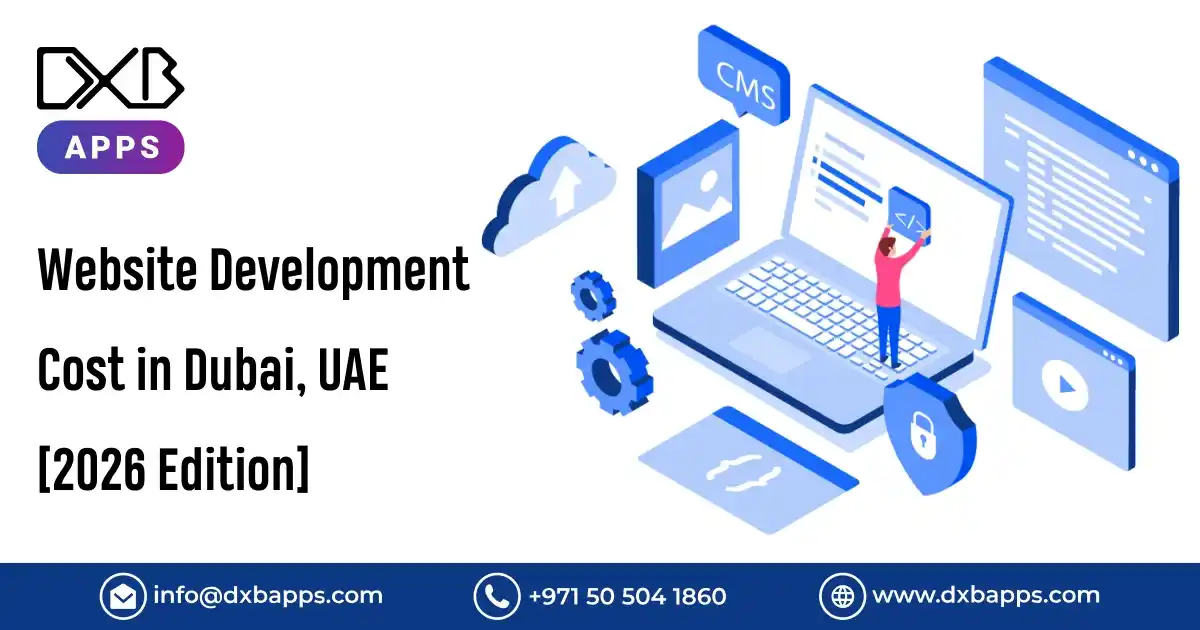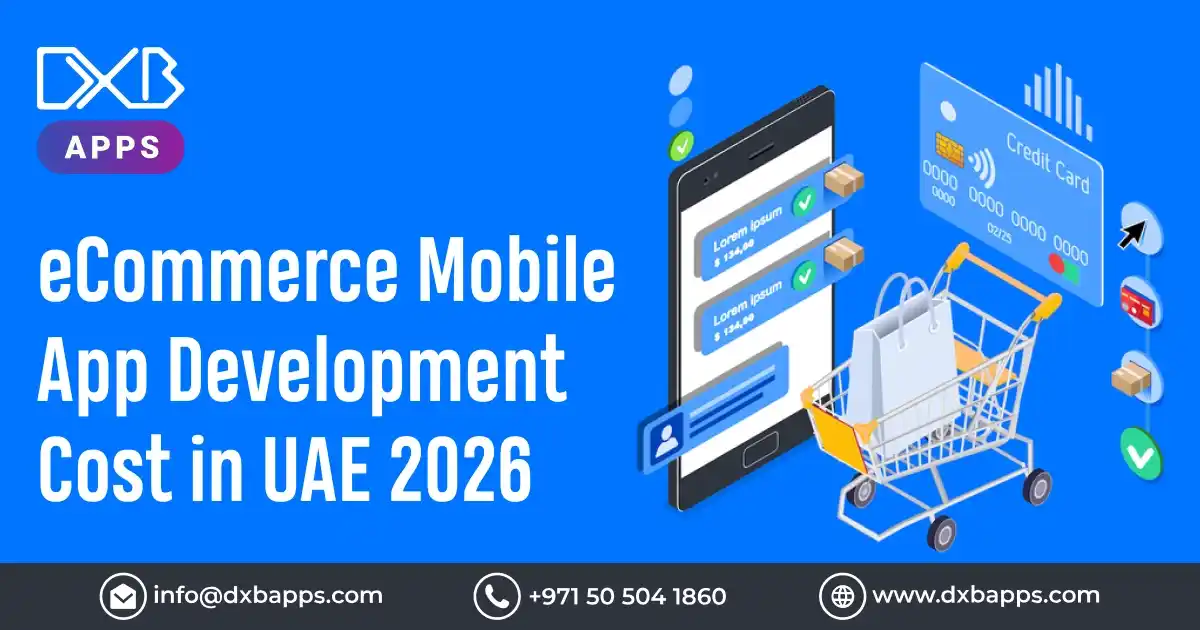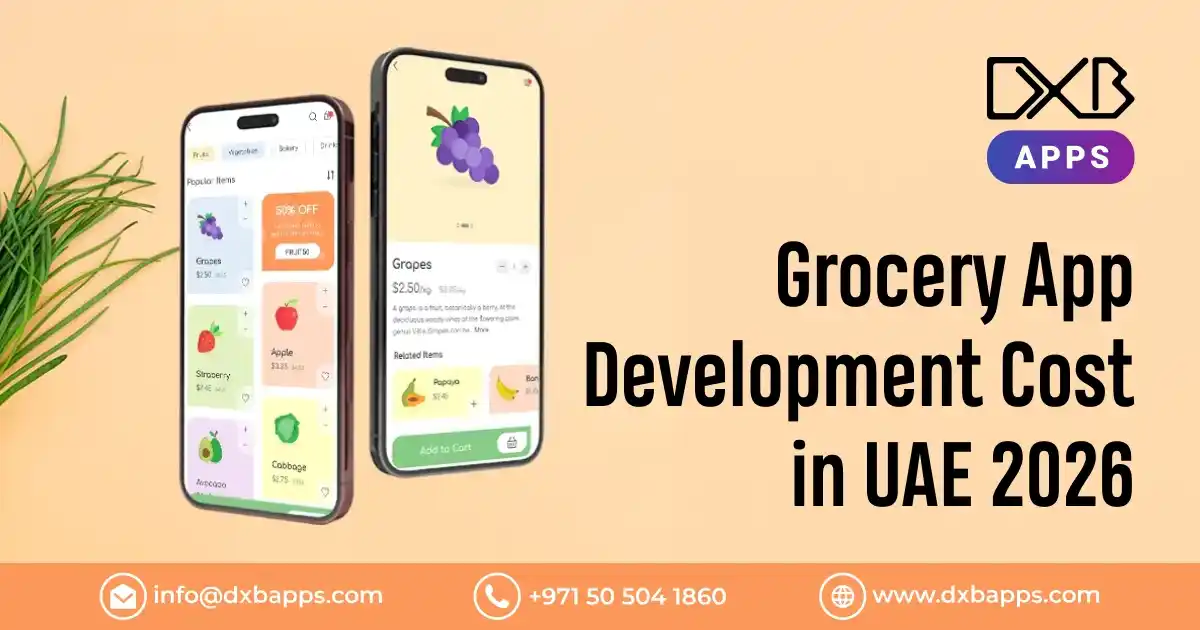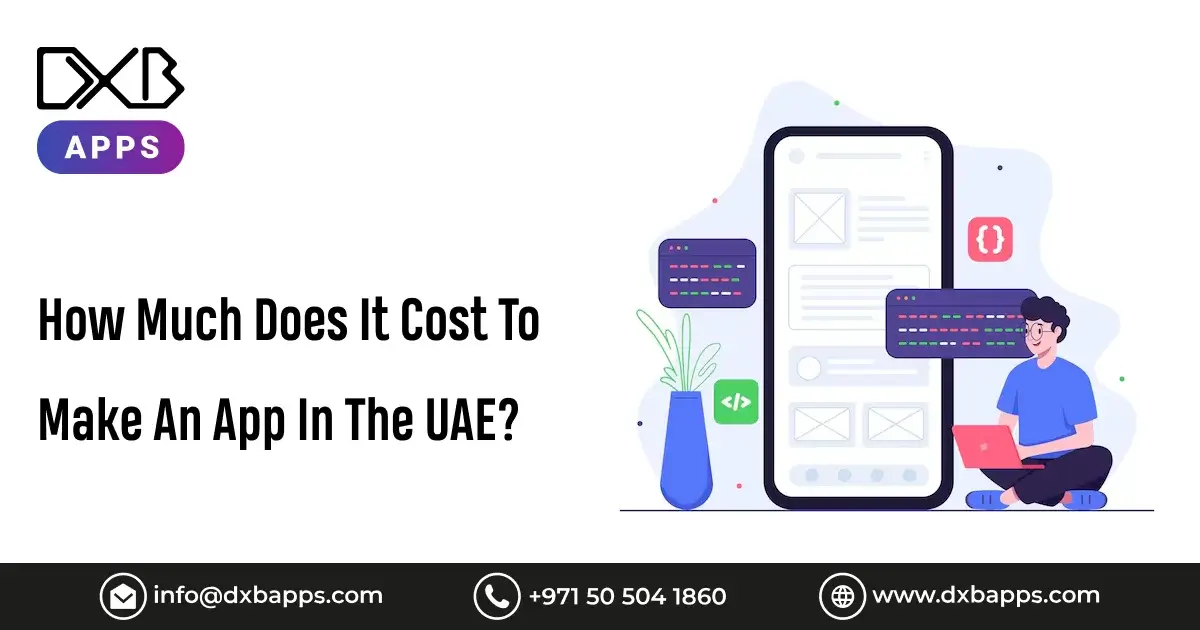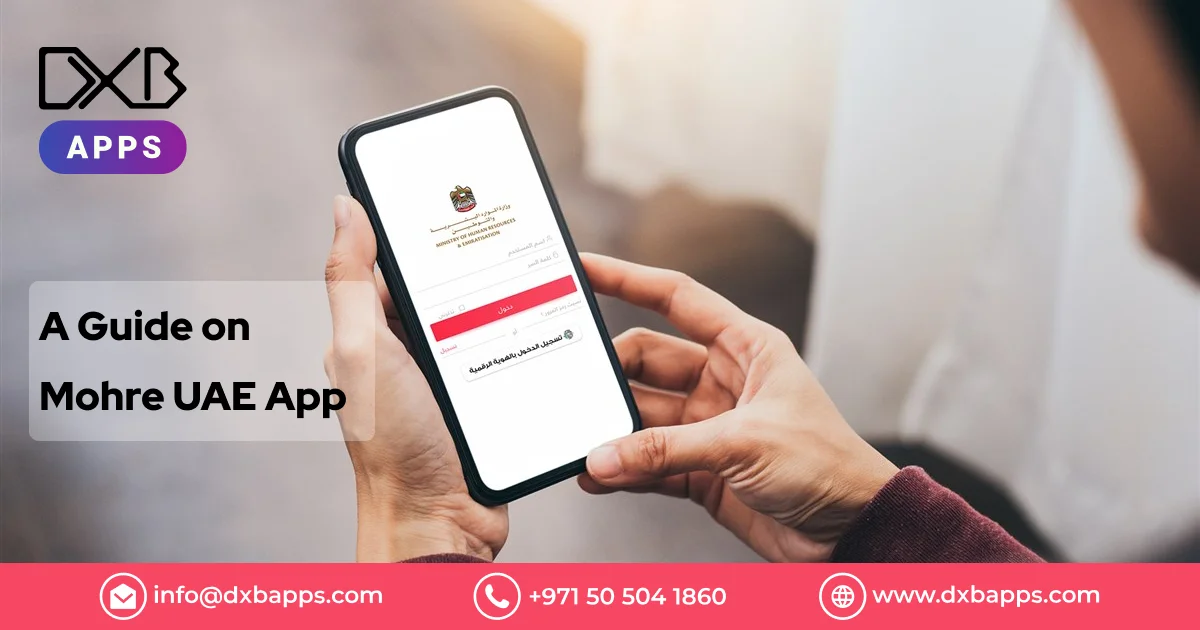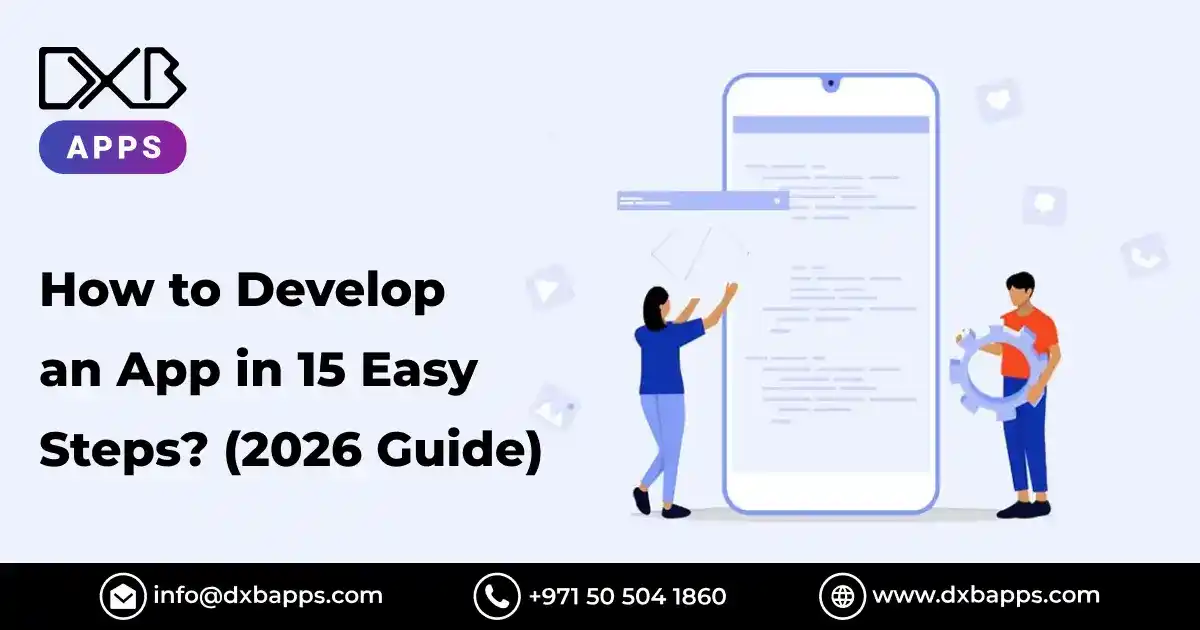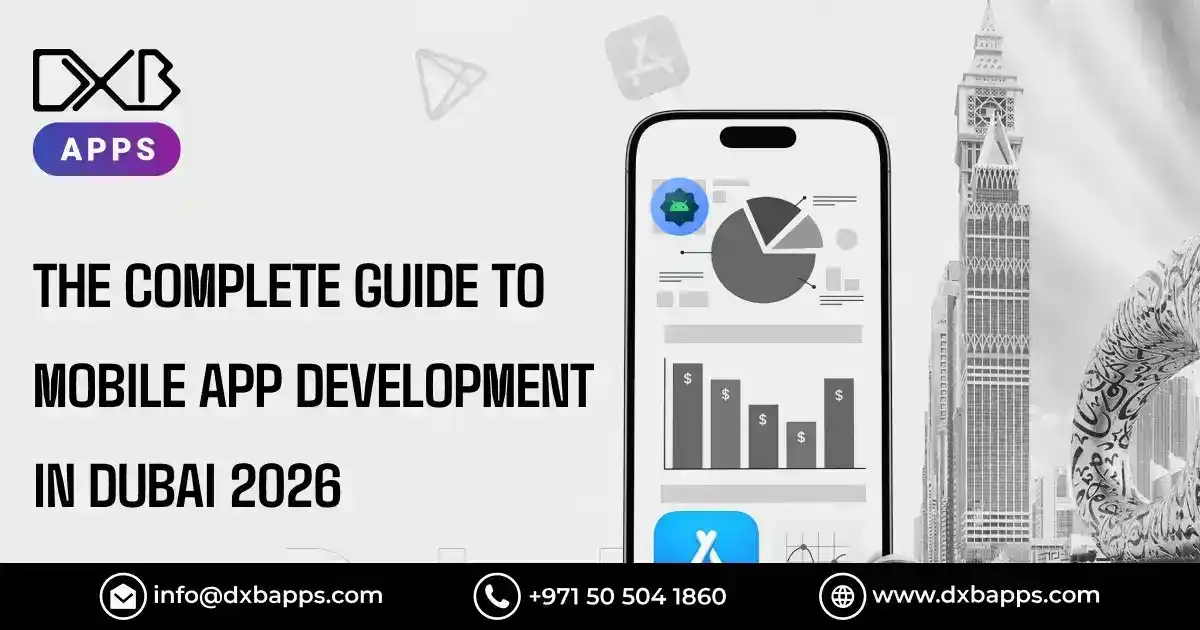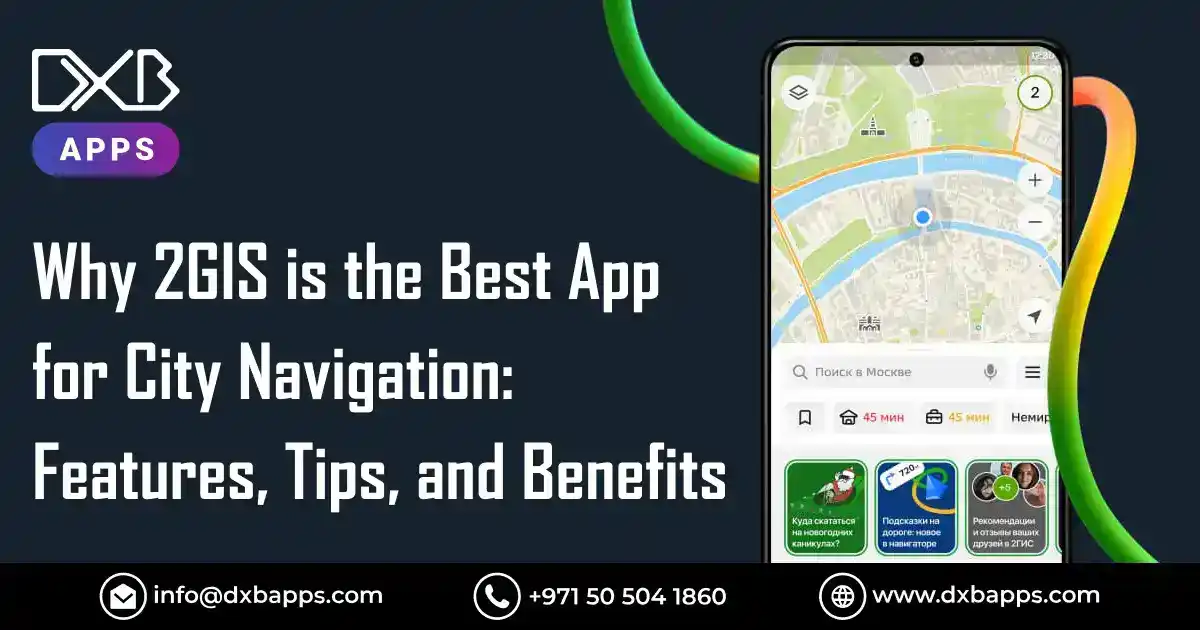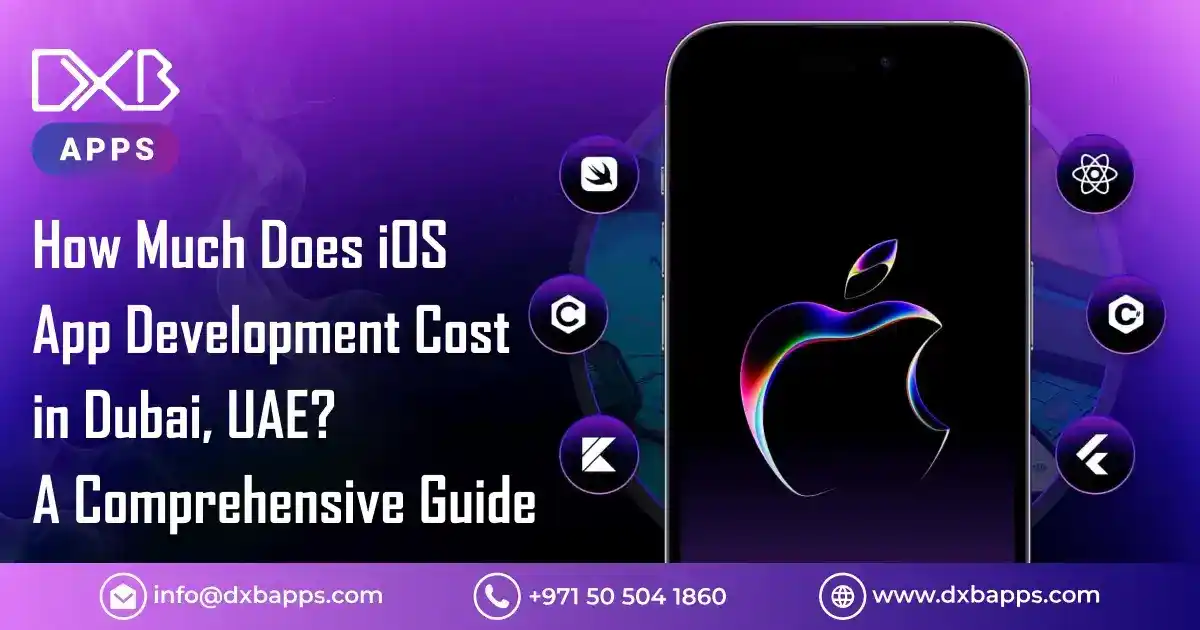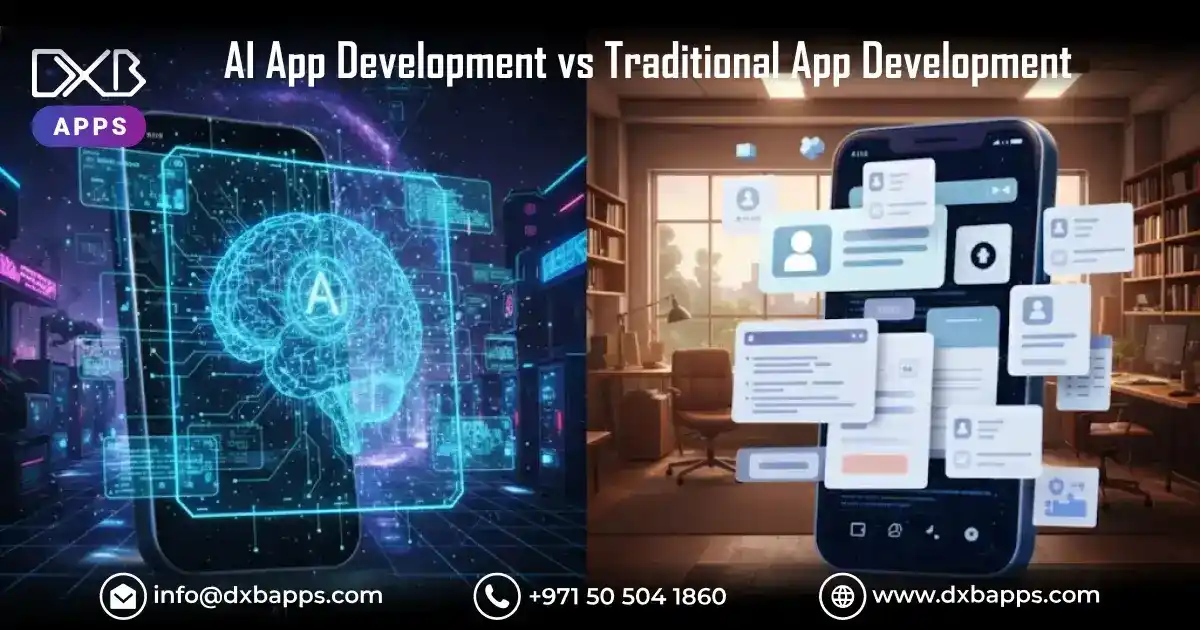In the field of developing mobile applications, choosing the right backend technology is essential to the app's success. Your application's backend handles server-side logic, user authentication, data storage, and other functions. It is the central component. It can be hard to choose which backend technology is ideal for your mobile app when there are so many options available. To help you make an informed choice, provide the most important aspects to consider and explain the different backend technologies in this article.
What Are Backend Technologies?
A website's backend, which comprises different parts like the database and application, can be viewed as its engine. Since it forms the basis of the entire website, it is viewed as a fundamental part of web development.
The backend is responsible for dealing with various activities and tasks linked to server communication and data processing. To interact with the server, it utilizes of Java, PHP, C#, Ruby, Python, and Kotlin. The backend takes control of the system and runs all required operations once frontend data goes to the server. It handles the back-end processes necessary for the website to run efficiently.
Understand Your App's Requirements:
It's critical that a mobile app development company in Dubai understands the needs of your mobile app before looking into the various backend technologies. Take into consideration aspects like integration with third-party services, security requirements, scalability, and real-time capabilities. By identifying these requirements upfront, you can narrow down the backend technologies that align with your app's objectives.
Traditional Backend Technologies:
a. PHP: PHP is a popular backend technology known for its simplicity and extensive community support. It is widely used in web development by a mobile app development company in Dubai and offers frameworks like Laravel and Symfony for building robust APIs.
b. Java: Java is an advanced, adaptable programming language that comes with a large number of libraries and frameworks. Excellent performance and scalability make it suitable for mobile applications at a business level.
c. .NET: Microsoft's .NET framework provides a strong backend option for creating mobile applications. Developers can use an extensive ecosystem of tools and libraries with frameworks like ASP.NET to build modular and secure applications.
Modern Backend Technologies
a. Node.js: Node.js is a JavaScript runtime that allows app developers Dubai to build backend applications using JavaScript. Because it provides non-blocking I/O operations, handling real-time applications and APIs is made much more efficient.
b. Ruby on Rails: Popular backend framework Ruby on Rails is renowned for its ease of use and developer-friendly conventions. It prioritizes convention over configuration, enabling quick application development for developers.
c. Python: Python is a programming language that is easy to learn and adaptable. It comes with several backend frameworks, including Django and Flask. It is well known for its clean syntax and readability and excels at quick prototyping.
Cloud-Based Backend Technologies:
a. Firebase: Google offers a feature-rich backend platform called Firebase. With features like user authentication, cloud storage, and real-time databases, it's a great option for small to medium-sized mobile apps.
b. AWS (Amazon Web Services): With the help of AWS's extensive set of cloud services, developers can create reliable backend infrastructures. For the development of mobile apps, services like AWS Lambda, DynamoDB, and API Gateway provide an adaptable option.
c. Google Cloud Platform (GCP): Like AWS, GCP provides a range of cloud services. It offers options for serverless computing, and data storage that can be easily integrated with the backend of your mobile app.
Considerations For Choosing The Right Backend Technology By A Mobile App Development Company In Dubai
a. Scalability: Evaluate the backend technology's scalability capabilities to ensure it can handle increasing user loads and data volume as your app grows.
b. Real-time Capabilities: If your app development Dubai requires real-time features like chat, notifications, or live updates, consider backend technologies that offer efficient real-time communication.
c. Security: Mobile apps handle sensitive user data, so choose a backend technology with robust security features, such as encryption, authentication mechanisms, and protection against common vulnerabilities.
d. Development Speed: Some backend technologies, like Ruby on Rails and Django, prioritize developer productivity and rapid prototyping. Consider the development speed required for your project.
e. Community and Support: Assess the size and activity of the community surrounding the backend technology. A vibrant community ensures ongoing support, resources, and updates, which can be valuable during development.
Conclusion:
Choosing the suitable backend technology for your mobile application is an essential decision that affects the app's performance. You can make an informed choice by understanding the needs of your app and considering components like security, development speed, and community support. Picking the right backend technology is essential for a successful mobile app development process, regardless of whether you go with traditional alternatives like Java, or cloud-based solutions.
You can reach out to a group of highly skilled experts at DXB Apps who are prepared to help you. They are dedicated to assisting you in exceeding your business goal and leaving a lasting impression. Whether you prefer to give a call or send a message, DXB Apps are eager to transform your brilliant idea into an inspiring reality.
FAQs
What is the best way to select backend technology?
The features of the best backend technologies should be examined on the basis of their server-side logic, data processing efficiency, and data storage capacity. These backend tools are vital to the development, implementation, and maintenance of a website or application's basic infrastructure. As such, it is essential that you give these factors top priority when you are evaluating them.
What are some popular backend frameworks or technologies?
Developers can utilize a variety of popular backend systems and technologies to facilitate the development process. Django and Flask (for Python), Ruby on Rails (for Ruby), and Express.js (for Node.js) are a few examples.
Do all mobile apps need a backend?
For any application that includes features like user authentication, login/signup functionality, user data storage, and push notifications, mobile app backend services are essential. The backend for mobile apps acts as a storage and processing hub, providing the necessary information and responses that the front end can present to the user. In simpler terms, it manages the behind-the-scenes operations and data storage required for these app features to work smoothly.

